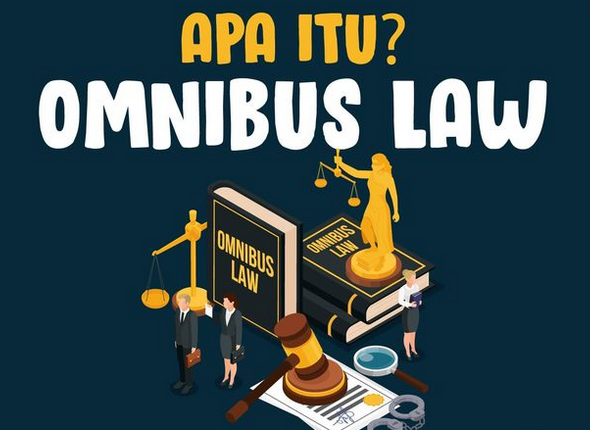OMNIBUS LAW, A SUPERIOR PROGRAM?
After Joko Widodo’s inauguration speech as President of the Republic of Indonesia for the period 2019-2024 on October 20, 2019, the term omnibus law became more popular. The formation of a number of Draft Omnibus Laws, which have already been included in the 2020 Priority Prolegnas, has become the flagship program of the Jokowi-Ma’ruf Amin Government to boost economic growth.
However, not all people welcomed this policy, even some of them criticized the formation of this omnibus law with a variety of reasons and arguments. Not a few circles support the formation of the omnibus law as one of the regulatory reform strategies to overcome the conditions of obesity / hyper regulation, especially in the ease of doing business sector. Civil society, labor organizations, to legal experts have given their views regarding the omnibus law as a method of drafting a new regulation (Law) while replacing / removing several articles in one or more applicable regulations.
Furthermore, the Omnibus Law invited a negative reaction among workers who considered the policy laden with political interests. Moreover, they considered that the preparation did not involve the workers so the policy was not transparent. One of the things that is considered controversial in the policy is related to regulations concerning the wage system which are considered to reduce labor welfare. However, we must know that the government devised the policy in order to advance the Indonesian economy. Currently Indonesia needs economic stimulus that can improve the welfare of its people, one of which is by implementing the Omnibus Law. As a newly formed policy, of course this cannot satisfy everyone, but this is better than the government doing nothing at all and noting that Indonesia’s economy is weakening.
